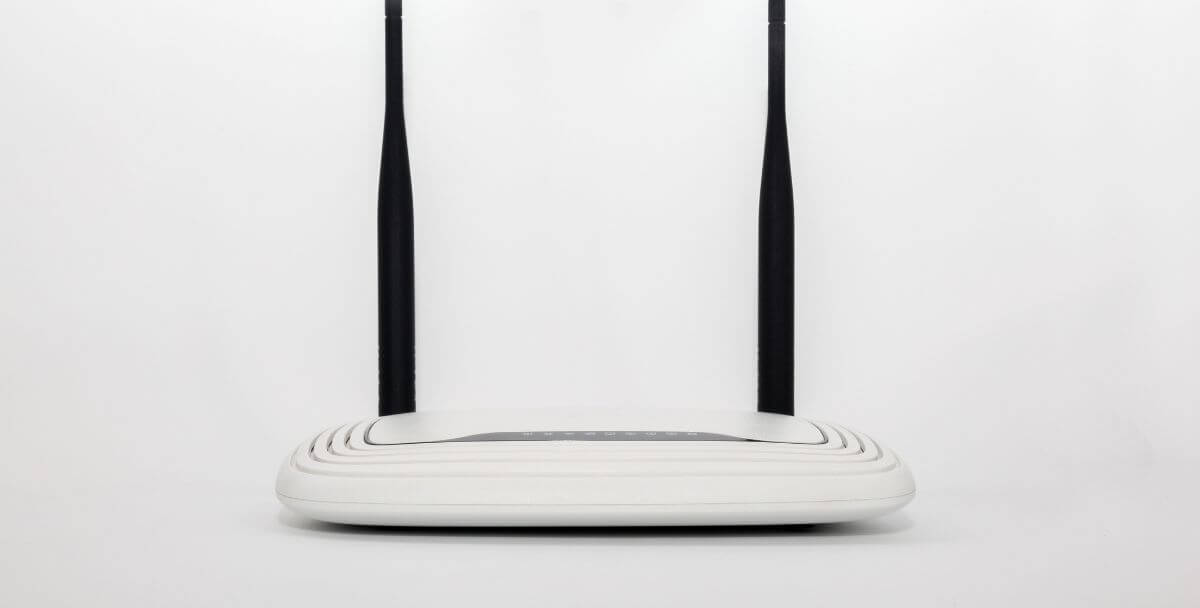What is the difference between Wi-Fi and wireless?

The internet has become an indisputable element of our life. Our lives are made easier, faster, and simpler when we use the internet properly. The internet offers us facts and data, knowledge, and information for personal, societal, and economic progress. The internet can be utilized for a multitude of purposes, but how we use it in our daily life is influenced by our requirements and goals. The internet has a significant influence on our day-to-day life. It has given us access to a tremendous universe of information, and we would never have seen the world as it is now if it hadn’t been for it.
When we talk about accessing the internet, we often hear the terms ‘Wi-Fi’ or ‘Wireless’. Although two separate things, they are mostly used as synonyms for each other. While a wireless connection uses a cellular network and allows you to access the Internet practically anywhere, establishing a Wi-Fi connection necessitates the installation of hardware in your home or the usage of a computer within range of a router to which you have access. In terms of transmission pricing, hardware requirements, speed, and signals, both connection modes have advantages and disadvantages.
However, getting to this access in the first place we need to subscribe to an Internet Service Provider (ISP). Internet users need a secure and reliable internet connection for their requirements at affordable costs. For example, Xfinity internet deals offer their customers a range of choices for high-speed internet access, at very affordable prices based on their likings.
As mentioned above, people tend to confuse between a Wi-Fi connection and a wireless connection. Let us clear that out for you.
Wi-Fi
Wi-Fi is a short-range wireless communication protocol that is mostly used by computers. Some mobile gadgets and game consoles can also connect to the internet via Wi-Fi. A device connects to a router or access point in a Wi-Fi configuration, which relays communication to the Internet via a broadband modem. Wi-Fi is a radio signal transmitted from a wireless router to a nearby device, which converts the signal into data that can be seen and used. The router, which connects to the internet by wire or cable, receives a radio signal from the device.
Wireless
Wireless Internet service is a form of Internet service that uses wireless technology to provide connectivity. Mobile phones are the primary users of wireless connections, but if the necessary hardware is installed, a wireless connection can also be utilized with a computer. In a wireless configuration, the device sends and receives data through the user’s mobile phone company’s nearest cellular tower. A wireless Internet service provider is the main provider of wireless Internet service (WISP).
Speed
A wireless connection’s download and upload speeds are often slower than those of a Wi-Fi connection. Although wireless internet may not provide the same high speeds as fiber internet, it is faster and more dependable than other rural options such as dial-up or satellite internet. In the end, it’s one choice for helping your family construct a better, more stable WiFi network.
Hardware Equipment
You’ll need to buy a Wi-Fi router and connect it to your broadband modem to access the Internet through a Wi-Fi connection in your house. A Wi-Fi networking adapter is also required. These are included in most modern laptop computers, and they can also be purchased as USB or expansion card add-ons. Many businesses and other public venues offer Wi-Fi connections outside of the house. Wi-Fi is usually available at libraries, as well as numerous restaurants and coffee shops. You don’t need any additional hardware to access the Internet over a wireless connection if you have a mobile phone; all you have to do is make sure your mobile phone plan allows data access and open the phone’s Web browser to get online.
Signals
The range of a wireless connection is substantially greater than that of a Wi-Fi connection. You can use a wireless connection from any area where your cellular phone carrier sends out a signal. A Wi-Fi connection has a significantly shorter range; for optimal results, use it from within the same building as the Wi-Fi router.
Pricing
The costs of Wi-Fi connections are typically substantially lower than the expenses of cellular connections. Your monthly Internet service price is your only cost after you’ve purchased the necessary hardware and set up a Wi-Fi connection in your house, and there are no usage limits. When accessing Wi-Fi access points outside the home, connection fees may apply. A wireless connection has a comparable base fee, but you can usually only download a few megabytes of data per month. You will be charged overage fees if you download more data than your plan allows.
Conclusion
Knowing the background and usage, we can tell that Wi-Fi is a more advanced technology, whereas wireless connections are not as advanced, but their use makes them more valuable to the world. Depending on the requirements and availability, both connections have advantages and disadvantages.
